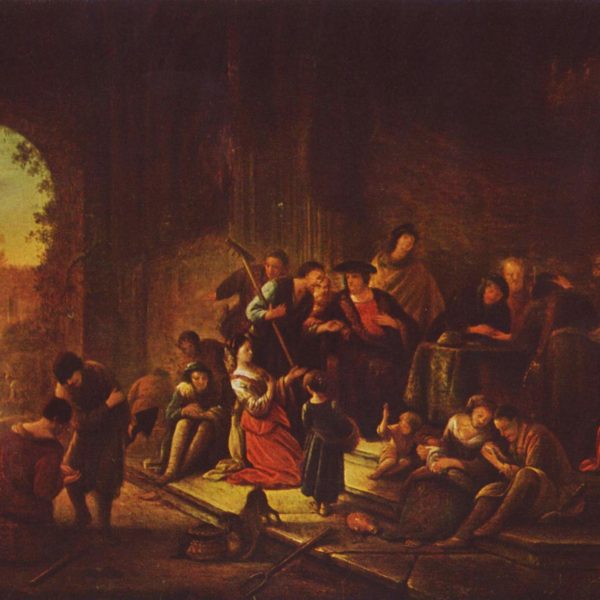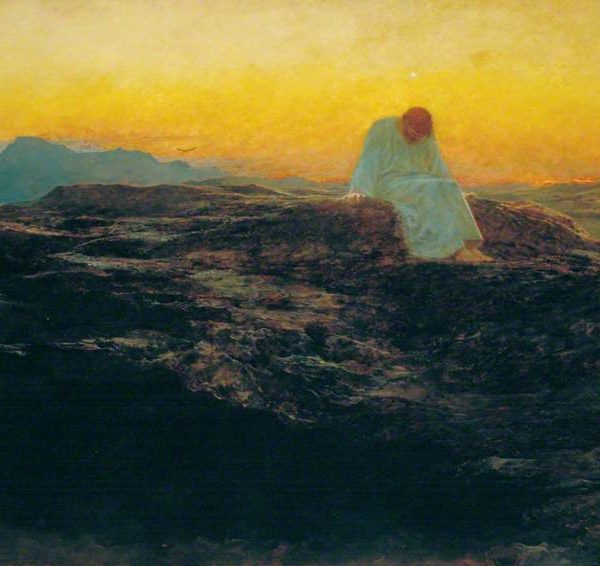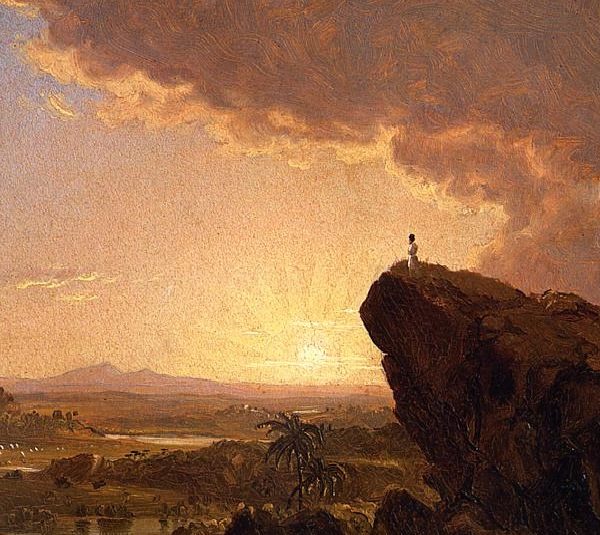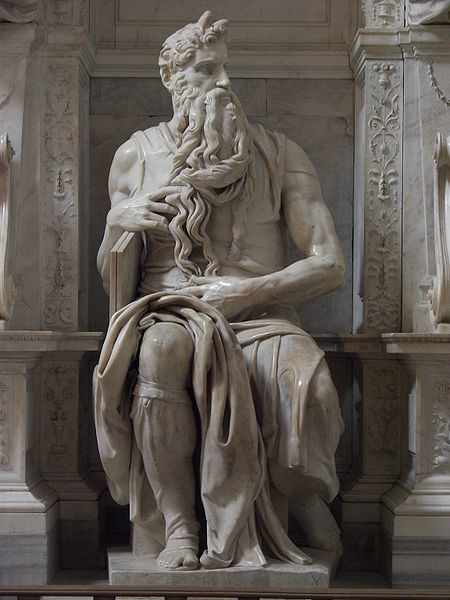
On the one hand, there is in the foreground “a land flowing with milk and honey.” On the other hand, as one reads the text with modern eyes and ears, the problematic language of inheritance, possession, and settlement the chapter begins with rightly alarms readers concerned about occupation of stolen lands using theologically justifying language.

Moses taught Israel that its primary calling as a people before the nations was not conflict but witness through its showcasing of the goodness, wisdom, and righteousness of the divinely given law. Likewise, the chief political task of Christians is found in the cultivation of a quiet extraordinariness in the most ordinary affairs of life.







